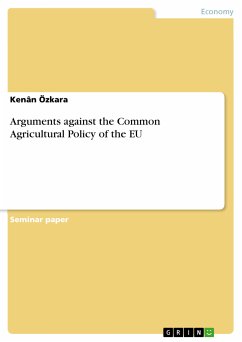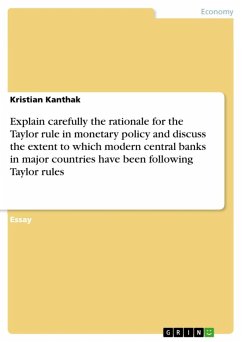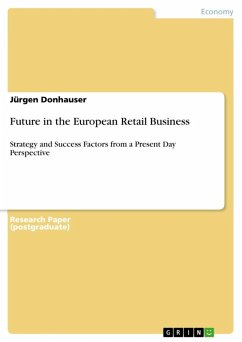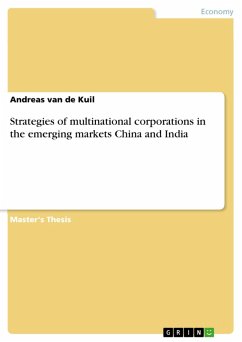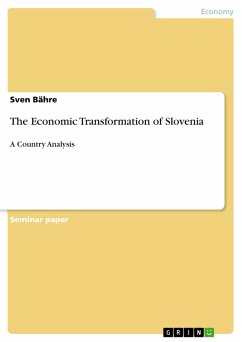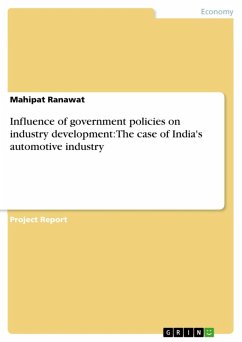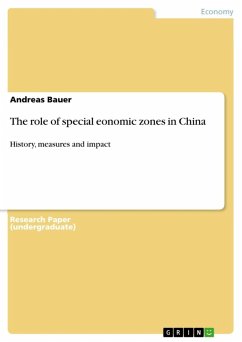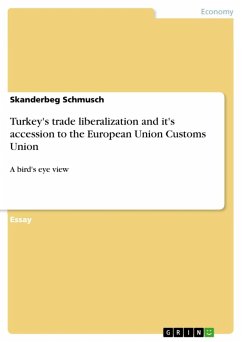Seminar paper from the year 2005 in the subject Business economics - Economic Policy, grade: 2,0, Leuven Catholic University, language: English, abstract: Executive Summary Initiated in 1962, the Common Agricultural Policy (CAP) is a system of agricultural subsidies. These subsidies work by guaranteeing a minimum price to producers, by deficiency payments or by direct income payments. The purpose of this paper is to question this policy by analyzing several impacts. As a result, we come to following main findings: The CAP causes budget troubles and costly disposal problems. Although agriculture is a declining sector that provides only about 4% of European jobs and 2% of European GDP, it is still provided with 46% of the EU budget in 2005. Furthermore, it is financed at the expense of consumers and taxpayers. The EU export subsidies and the dumping cause worldwide distortions in the agricultural sector. Moreover, CAP policy makers use misleading justifications of their practices. Although the CAP is often promoted as helping small family farms, the largest part of it goes to huge commercial corporations and to some royal families. The distribution is unequal to the degree that 20 % of the farms (i.e. the largest farms) get 80 % of the benefits. The smallest farms (40 % of the total number) share only 8 %. As such, small family farms receive subsidies of quite an insignificant nature. The CAP has encouraged the industrialization of agriculture, giving rise to factory farming practices and widespread animal suffering. The problem was that industrial farming led to more intensive use of land and chemicals. Former reforms caused the EU to proceed from price supports to direct income subsidies. Thus, the CAP could be gradually improved, but today there still remain a lot of problems inherent, that allow to question the "raison d'être" of the CAP. [...]
Dieser Download kann aus rechtlichen Gründen nur mit Rechnungsadresse in A, B, BG, CY, CZ, D, DK, EW, E, FIN, F, GR, HR, H, IRL, I, LT, L, LR, M, NL, PL, P, R, S, SLO, SK ausgeliefert werden.

